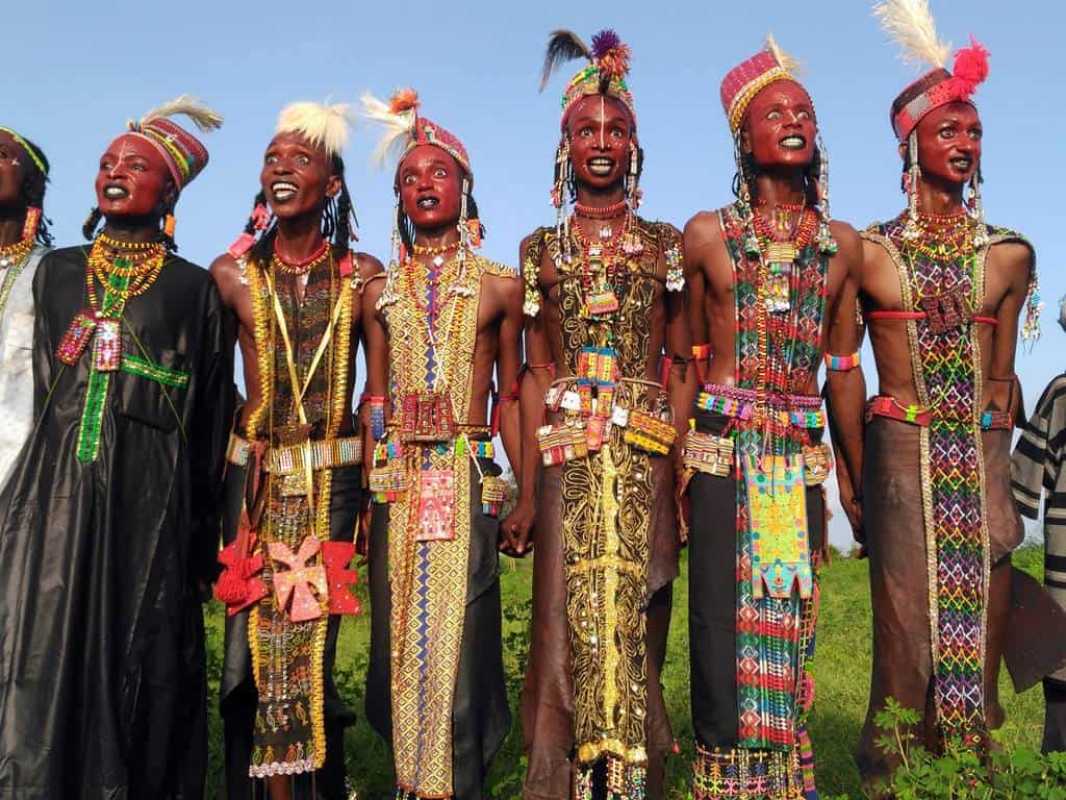World
Polyandry: A Unique Marriage Practice in Northern Nigeria

Polygamy, the practice of having multiple spouses, may be considered normal in some Nigerian tribes. However, one unique phenomenon in the country is polyandry, where a woman is allowed to marry more than one husband. This rare form of marital arrangement challenges traditional notions of monogamy and raises interesting questions about gender roles and relationships.
In a tribe located in northern Nigeria, women have the freedom to pursue polyandrous relationships, defying the societal norms that typically limit a woman to a single husband. This practice sets them apart from neighboring tribes, where polygyny – the practice of men having multiple wives – is more common.
Although not widely known, this unconventional form of marriage has been quietly practiced for generations within the tribe, passed down through oral traditions and cultural customs. The reasons behind the acceptance and continuation of polyandry in this specific community are multifaceted and deeply rooted in their cultural beliefs.
One explanation for polyandry in this tribe is fertility. It is believed that having multiple husbands increases the likelihood of conception and ensures the continuation of the family lineage. Additionally, polyandry is seen as a way to create a sense of unity and solidarity among the husbands, as they all contribute to the well-being and upbringing of the children born within the marriage.
Contrary to expectations, jealousy and conflict are relatively rare within these polyandrous marriages. The husbands are expected to coexist harmoniously and often share household responsibilities and financial obligations. The wives, on the other hand, have the opportunity to balance their marital duties and personal ambitions, as their husbands can assist with childcare and household chores.
While polyandry challenges traditional gender roles and patriarchal structures, it also offers certain advantages to both men and women within the tribe. Men in polyandrous marriages are able to share the financial burden, while women have more freedom and support in pursuing their individual goals and aspirations.
However, it is important to note that polyandry is not universally accepted in Nigeria. In most parts of the country, monogamy is the prevailing norm, and polyandry is seen as an uncommon and unconventional practice. The existence of this tribe and their unique marital arrangement serves as a testament to the diversity and complexity of cultural practices within Nigeria.
As societal norms continue to evolve, it is crucial to approach different forms of marriage and relationships with respect and understanding. While polyandry may be seen as unusual by some, it represents a fascinating aspect of Nigerian culture and highlights the vast array of human experiences when it comes to the institution of marriage.
timesng.com












